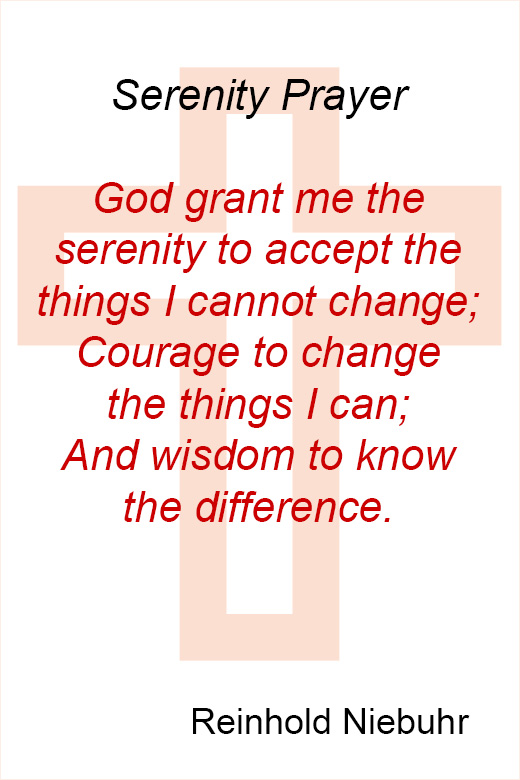The Serenity Prayer is a powerful invocation for peace, courage, and wisdom. Most commonly known as written above, the full …
Who Wrote The Bible
There are typically two answers to this question, one is that God wrote the Bible, and the second is that The Holy Spirit …
One God Or A Trinity?
This is one of the most contentious issues for some Christians and indeed some denominations of Christianity to come to terms …
Intention & Results of Our Actions
Intention may be seen as a kind of desire. A desire for some result which is, or is thought to be, within one’s power to …
Abortion – A Roman Catholic Perspective
Abortion is an emotive issue. Varied descriptions of the same act carry different emotive contents. Evacuating the …
Continue Reading about Abortion – A Roman Catholic Perspective
Christian View of ‘The Principal of the Double Effect’
In carrying out a particular action or series of actions, a person may also be aware that such actions have side-effects, …
Continue Reading about Christian View of ‘The Principal of the Double Effect’





